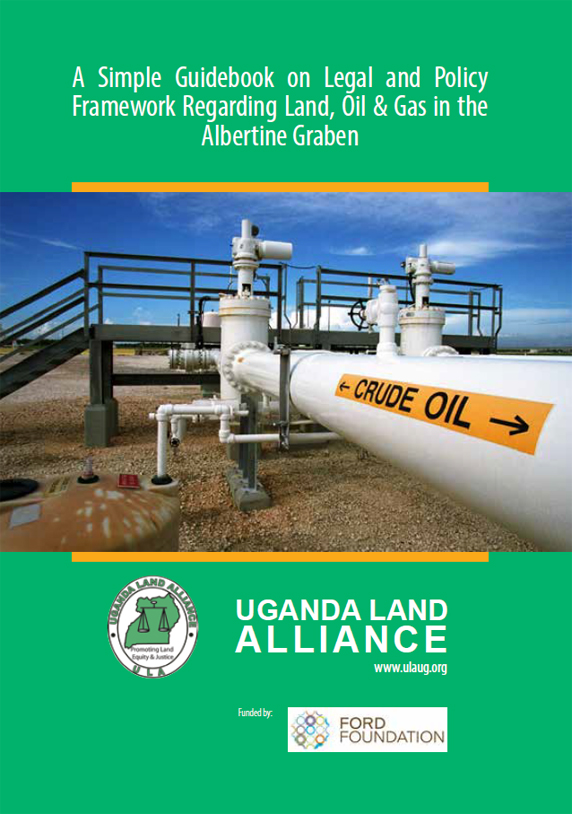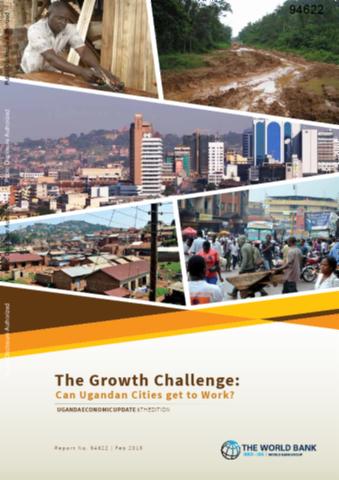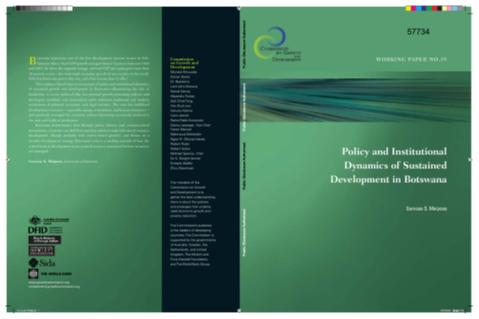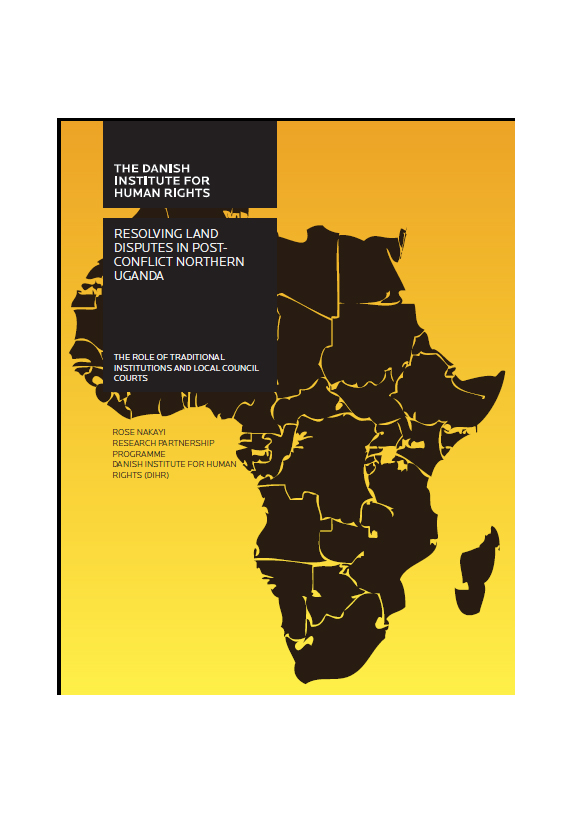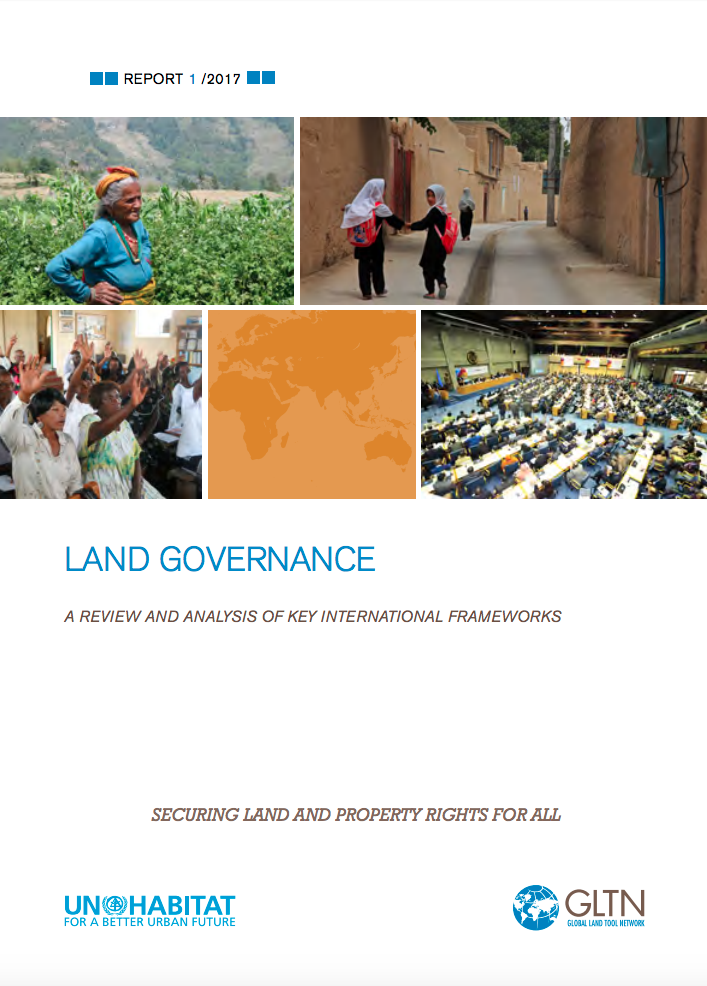Draft Final Report of the Implementation of The Land Governance Assessment Framework In Uganda
The Land Governance Assessment Framework (LGAF) is a diagnostic tool for the evaluation of the legal framework, policies and practices regarding land and land use. The LGAF is based on a comprehensive review of available conceptual and empirical material regarding experience in land governance (refer to Land Governance Assessment Framework: Conceptual Approach, Formulation and Methodology). In 1995, the Uganda government embarked on land reform starting with the Constitutional provisions. Land reform was imperative because of the country’s turbulent land tenure history.


